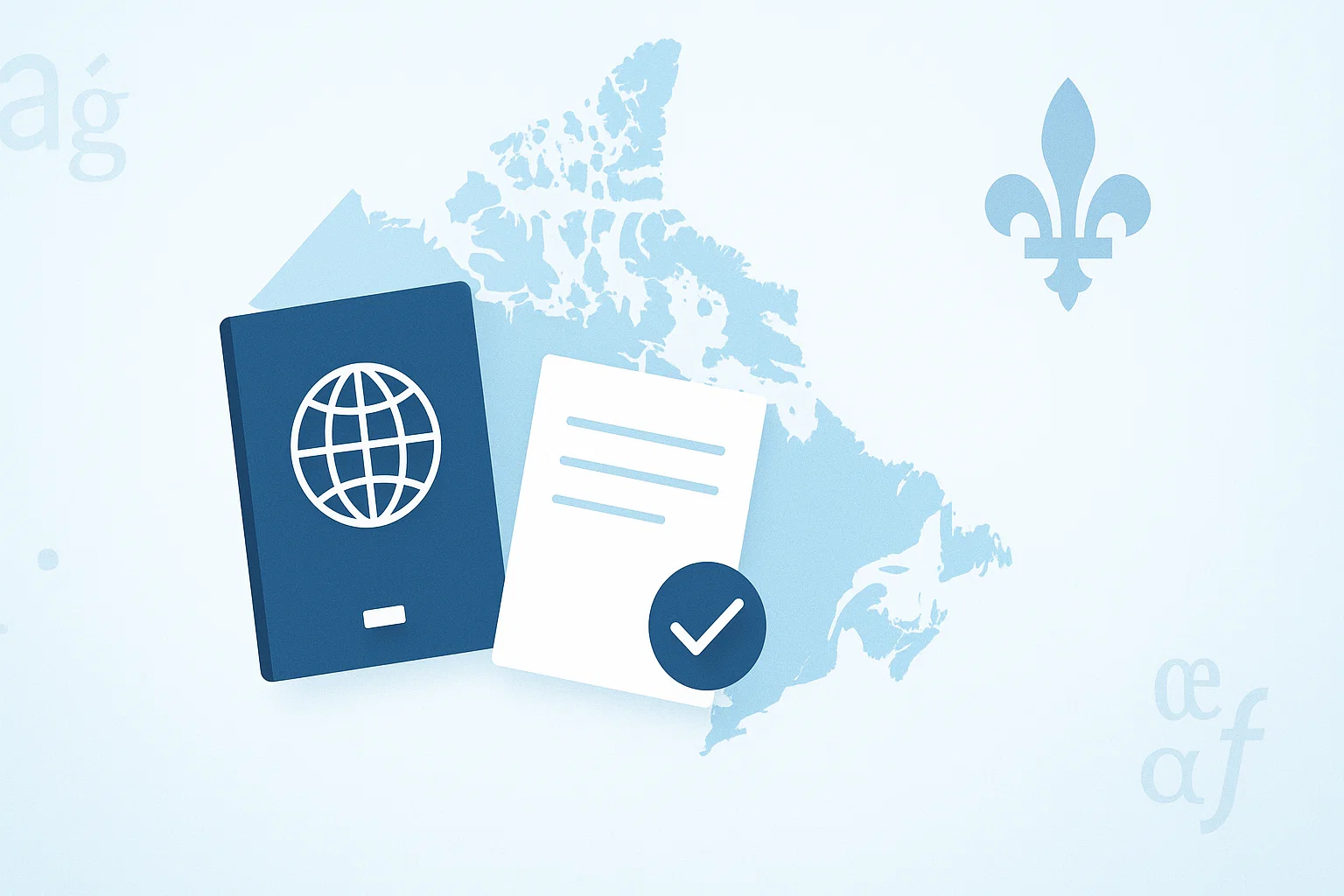
Immigration, Refugees and Citizenship Canada (IRCC) recently announced a proposal to reform the Express Entry system's category-based selection for 2026, launching a formal public consultation. The most notable change is the proposal to create three new occupational categories, aiming to provide a more streamlined path to permanent residence for senior managers, scientists and researchers, and military personnel from allied nations.
Express Entry is the federal government's primary system for managing economic immigration applications. The proposed reform signals a move towards a more sophisticated selection mechanism designed to proactively fill high-skilled gaps in the Canadian labour market and serve broader national strategic objectives.
A Closer Look at the Three Potential New Categories: Targeting High-Caliber Talent
According to the consultation document published by IRCC, the three potential new categories each have a distinct strategic focus:
- Leadership: This category aims to attract senior managers, defined by the government as "highly skilled workers who oversee the operations of a company or organization and who lead a team of employees." IRCC suggests that attracting these leaders could introduce fresh business perspectives, accelerate digital transformation, boost productivity, and ultimately "enhance the country’s competitiveness and advance economic growth and prosperity."
- Research and Innovation: The government is also considering prioritizing the selection of certain researchers and scientists. IRCC notes in its document that scientific research and innovation are key drivers to "stimulate economic growth" and improve productivity and performance. While the document does not specify the exact fields of research or types of scientists, the move clearly signals Canada's ambition to become a global hub for innovation.
- National Security and Defence: To support the talent needs of the Canadian Armed Forces, IRCC is proposing a dedicated category to prioritize the selection of highly skilled military recruits from allied countries.
Existing In-Demand Categories Likely to Continue
In addition to the new proposals, IRCC's consultation document suggests that some of the categories established for 2025 will likely be retained to address Canada's long-term labour shortages.
- Francophone Immigration: Bolstering Francophone communities outside of Quebec remains a top priority for the federal government. Canada’s 2025–2027 Immigration Levels Plan has set increasing targets for French-speaking permanent residents outside Quebec: 8.5% in 2025, 9.5% in 2026, and 10% in 2027. Consequently, the French-language proficiency category is highly likely to remain a selection priority.
- Sectors with Long-Term Labour Shortages: To combat ongoing skills shortages, IRCC proposes to maintain its focus on the following sectors:
- Healthcare
- Skilled trades (including construction occupations to help address the housing crisis)
- Education
- STEM (Science, Technology, Engineering, and Mathematics)
- Agriculture and agri-food
IRCC has stated it will continue to seek feedback from stakeholders and is considering whether to focus more on talent already in Canada versus applicants from overseas.
Profound Implications for International Students
Any adjustments to the Express Entry categories will directly impact the eligibility criteria for the Post-Graduation Work Permit (PGWP) for international students.
Since 2024, Canada has implemented "field of study" requirements for PGWP eligibility for graduates of certain post-secondary programs. This policy is designed to align the academic choices of international students with the needs of Canada's labour market, and the list of eligible fields is based directly on the Express Entry categories.
Currently, 119 fields of study are eligible for a PGWP, while 178 were removed from the list earlier this year. Therefore, if the Express Entry categories change in 2026, the list of PGWP-eligible programs will almost certainly be adjusted as well. IRCC has indicated that the next announcement on PGWP-eligible fields of study will be made in early 2026.
It is important to note that graduates of bachelor's, master's, and doctoral degree programs are exempt from these "field of study" requirements and remain eligible for a PGWP regardless of their major.
Understanding Category-Based Selection
Introduced in 2023, the category-based selection mechanism gives IRCC the flexibility to directly invite Express Entry candidates who possess specific in-demand skills or language abilities, thereby filling labour market gaps more efficiently.
Under this system, the Comprehensive Ranking System (CRS) score cut-offs for category-specific draws are often lower than those for general all-program draws. For instance, a recent Canadian Experience Class (CEC) draw had a CRS cut-off of 534, whereas a recent draw for healthcare occupations had a cut-off of 475. This gives eligible candidates in targeted professions a significant advantage in receiving an Invitation to Apply (ITA) for permanent residence.
A final decision on the new 2026 categories has not yet been announced. As the public consultation period unfolds, Canada's future immigration landscape is gradually coming into focus.









